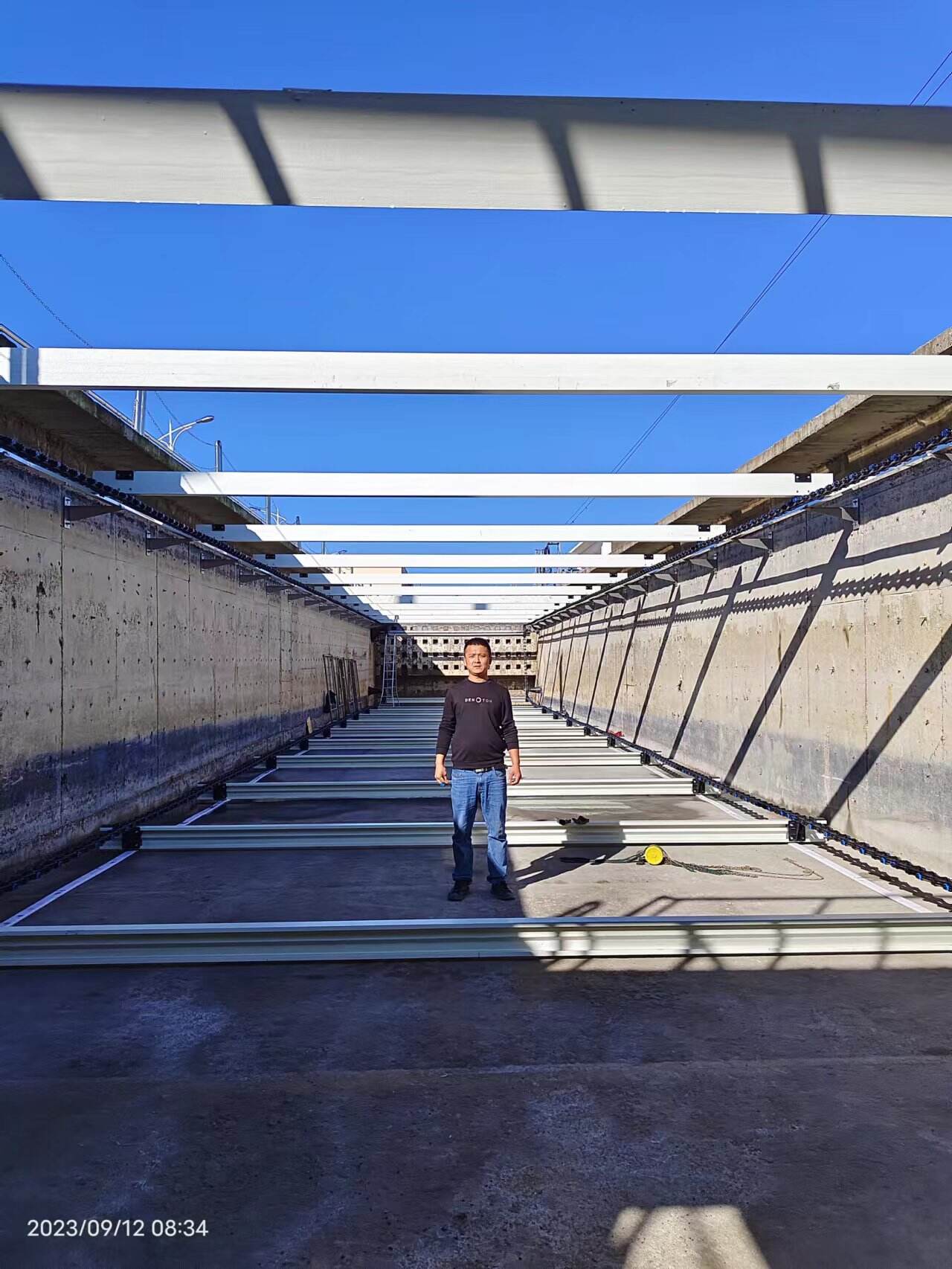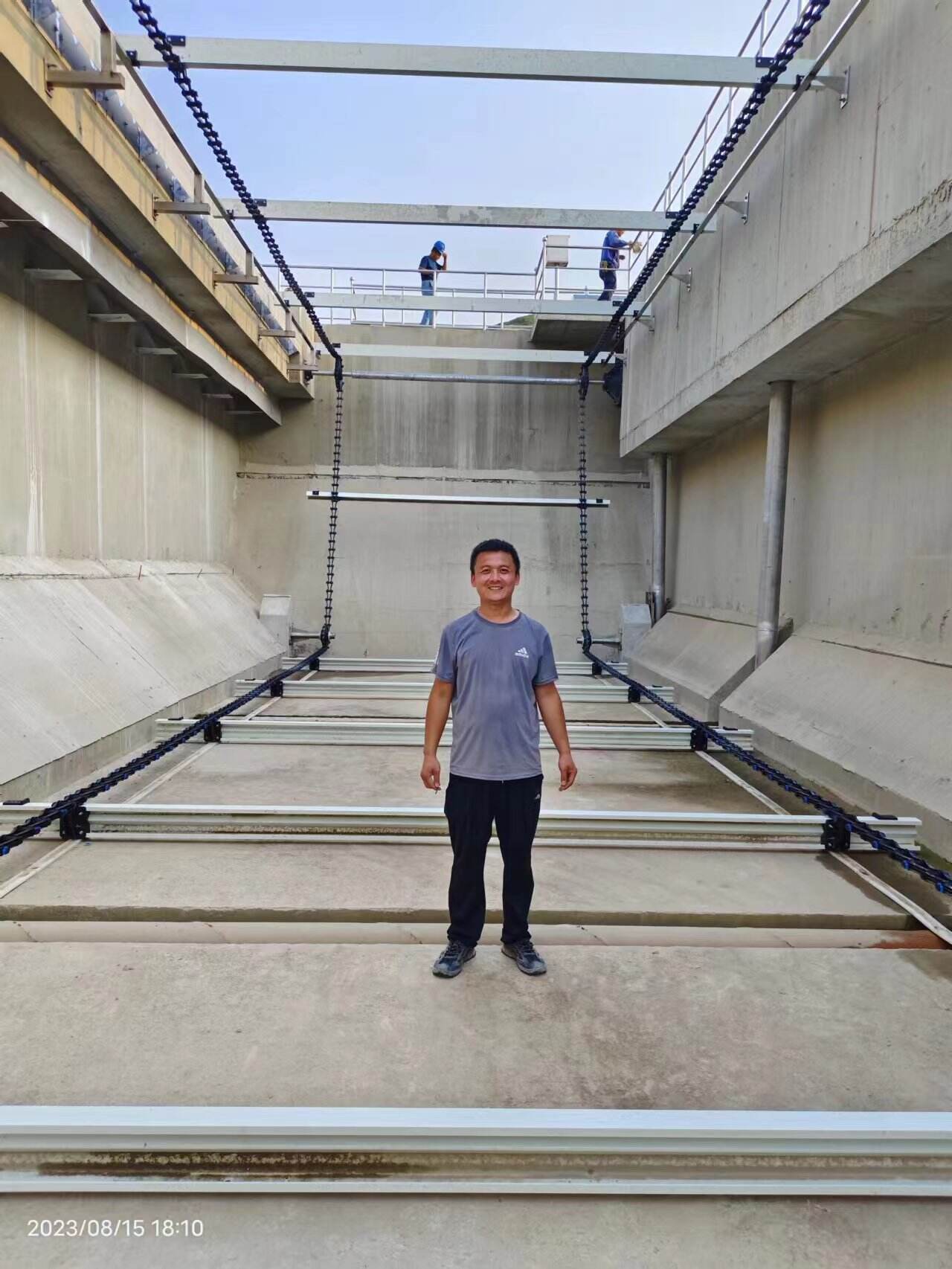
A sludge thickener is a vital unit operation in wastewater treatment designed to reduce the water content of sludge, thereby decreasing its volume before more expensive downstream processes like digestion, dewatering, and disposal. By concentrating the solids, thickeners reduce the capital and operational costs of subsequent equipment (e.g., smaller digesters, smaller dewatering units) and minimize transportation costs for hauled sludge. Gravity thickeners are the most common type, resembling circular clarifiers but built to handle higher solids concentrations. In these units, sludge is fed into a center well, and flocculants (polymers) are often added to enhance solids settling and compaction. Slowly rotating rake arms, a key internal component, gently agitate the sludge bed. This action helps to release trapped water and channels the thickened sludge toward a central discharge point. The efficiency of the thickening process is heavily dependent on the design and performance of these rake arms. They must be robust enough to handle thick, often viscous sludge, yet gentle enough to avoid creating turbulence that impedes compaction. In this corrosive environment, metal rakes can deteriorate quickly. Our expertise is applied here through the manufacture of thickener rake arms and related components from high-performance, corrosion-resistant plastics. These non-metallic rakes offer superior performance and longevity. They are immune to corrosion, reduce torque requirements on the drive mechanism due to their buoyancy and lightweight, and require no maintenance, ensuring continuous and optimal thickening performance. This directly translates to lower operational costs and more consistent feed for dewatering equipment. To inquire about our sludge thickener equipment solutions, please reach out to us for technical documentation.
